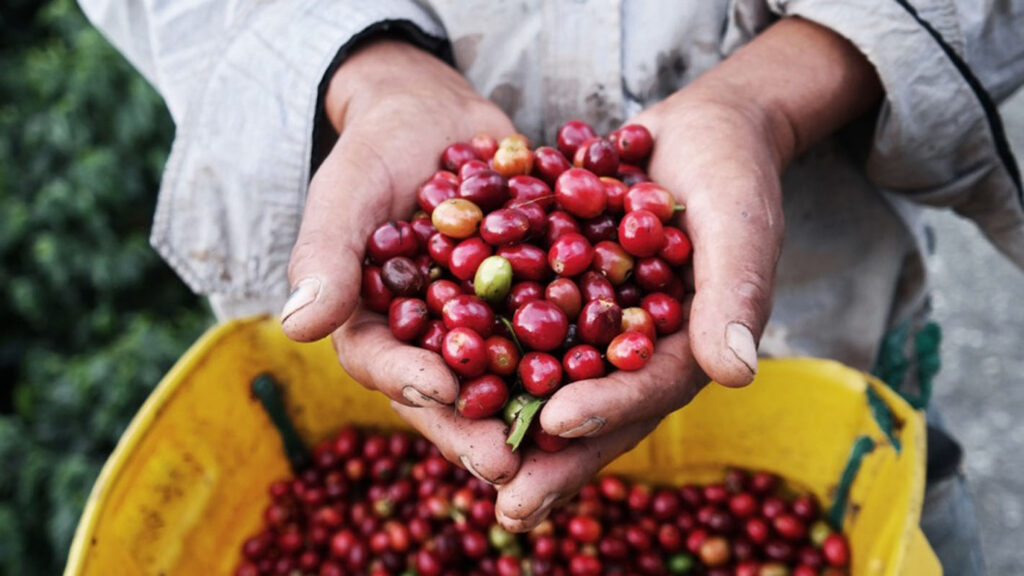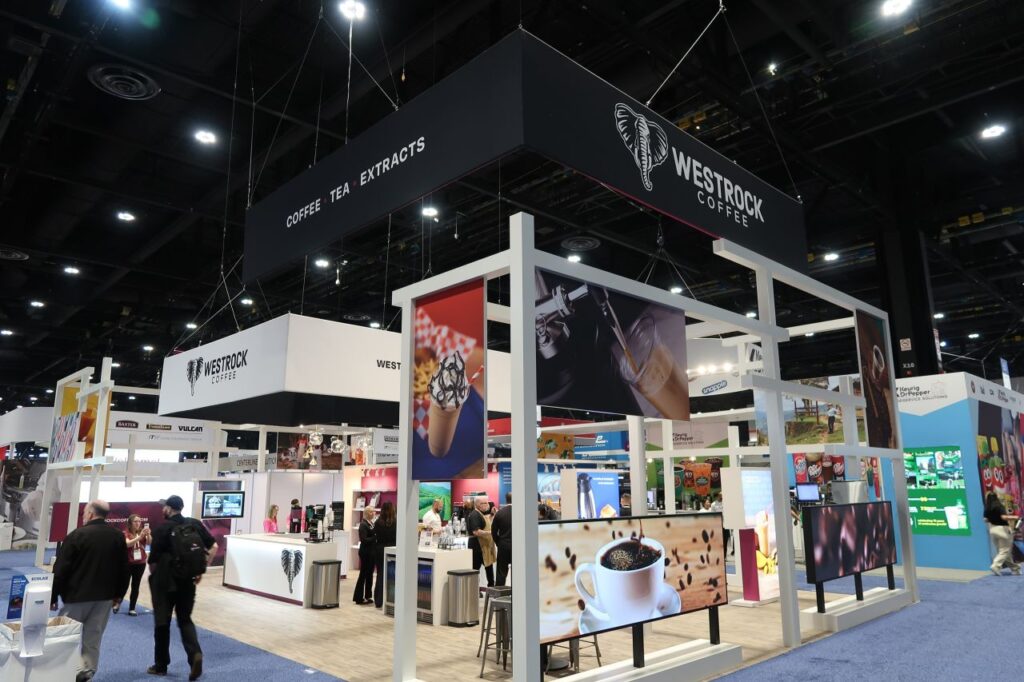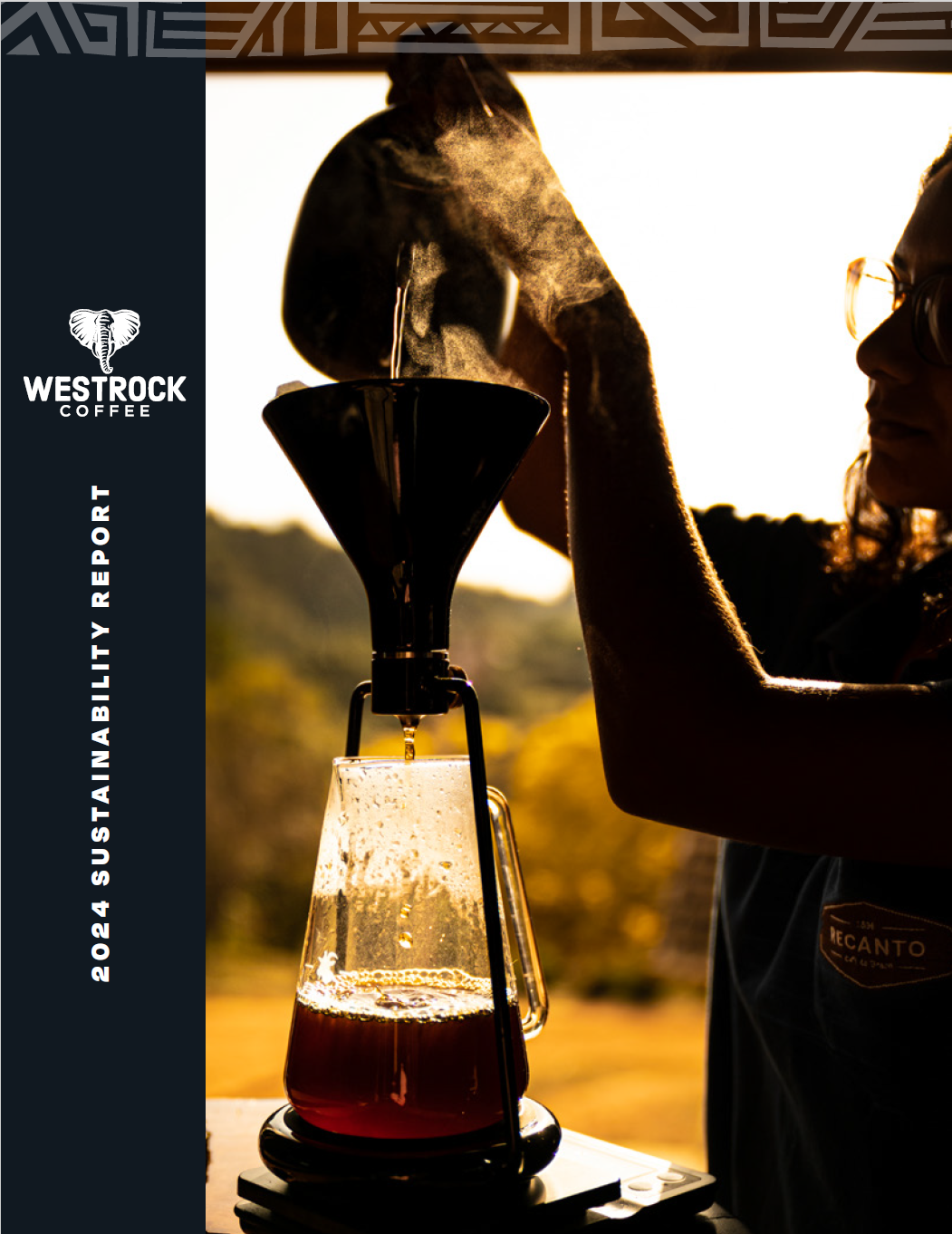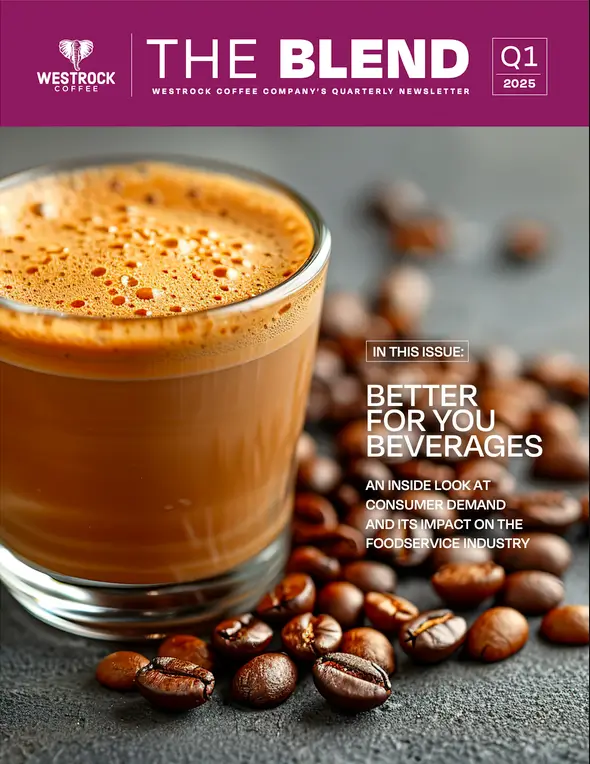April 9, 2025
Our daily cup of coffee or tea is more than just a beverage; it’s a connection to the environment and the communities that cultivate it. Consumers are increasingly demanding transparency and ethical practices throughout the entire supply chain, pushing the beverage industry towards a more sustainable future.
Transparency and Traceability
The days of simply slapping a logo on a product are fading. Consumers want to know the entire story behind their beverage. They’re demanding greater transparency and traceability, from the farm to their cup. This means understanding where ingredients come from, how they’re produced, and the impact on the environment and local communities.
Regenerative Agriculture: Nourishing the Earth and Our Beverages
Regenerative agriculture is gaining momentum as a sustainable farming practice that prioritizes soil health, biodiversity, and carbon sequestration. Expect to see an increased focus on sourcing ingredients from farms that embrace these practices. This not only benefits the environment but also enhances the quality and flavor of our coffee and tea.
Sustainable Packaging: Ditching the Single-Use Habit
The environmental impact of single-use plastics is undeniable. The beverage industry is responding with a shift towards more eco-friendly packaging options. Compostable materials, refillable containers, and concentrated formats are becoming increasingly popular, reducing waste and minimizing our carbon footprint.
“Upcycled” Ingredients: Turning Waste into Wellness Innovation is brewing in the form of “upcycled” ingredients. By finding creative ways to use byproducts from the coffee and tea industry, like cascara (the coffee cherry fruit), we can reduce waste and create new, exciting products. This not only benefits the environment but also adds unique flavors and nutritional value to our beverages.

The Future of Sustainable Coffee and Tea
The future of the beverage industry hinges on sustainability and ethical sourcing. Consumers are driving this change, demanding products that align with their values. We can expect to see:
- Increased use of blockchain technology: To trace the supply chain.
- More investment in regenerative agriculture: To support long-term environmental health.
- Development of innovative packaging solutions: To minimize waste.
- Growth in “upcycled” ingredient products: To create a circular economy.
- Stronger partnerships with farming communities: To ensure fair and ethical practices.
Our Commitment to Sustainability
At Westrock Coffee, we’re not just passionate about crafting exceptional beverages; we’re deeply committed to responsible sourcing. We believe that delicious coffee and tea should also be good for the planet and the people who grow it. That’s why we partner with our customers to develop comprehensive sustainability programs, ensuring every sip is both flavorful and ethical.
Want to see our commitment in action? Checkout our case study where we helped a client achieve a 100% digitally traceable supply chain, bringing unprecedented transparency to their consumers.
References:
- FAO. (2021). Regenerative agriculture: A promising approach for sustainable food systems. Food and Agriculture Organization of the United Nations.
- Ellen MacArthur Foundation. (Various Years). Reports on the Circular Economy and Sustainable Packaging.
- European Commission. (2020). Farm to Fork Strategy.
- International Coffee Organization. (Various Years). Sustainability Reports and Publications.
- Smith, J., & Johnson, A. (2022). “Upcycled Ingredients in the Beverage Industry.” Journal of Sustainable Food Science, 15(3), 210-225.




